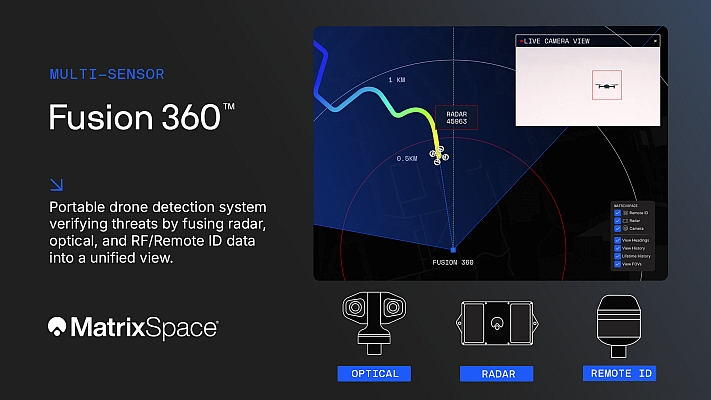 GeoNode is an open source platform that facilitates the creation, sharing, and collaborative use of geospatial data. The project aims to surpass existing spatial data infrastructure solutions by integrating robust social and cartographic tools.
GeoNode is an open source platform that facilitates the creation, sharing, and collaborative use of geospatial data. The project aims to surpass existing spatial data infrastructure solutions by integrating robust social and cartographic tools.
At its core, the GeoNode has a stack based on GeoServer, Django, and GeoExt that provides a platform for sophisticated web browser spatial visualization and analysis. Atop this stack, the project has built a map composer and viewer, tools for analysis, and reporting tools.
It brings together mature and stable open-source software projects under a consistent and easy-to-use interface allowing users, with little training, to quickly and easily share data and create interactive maps. GeoNode provides a cost-effective and scalable tool for developing information management systems.
New features included in this release include:
– Improved documentation;
– Support for GeoServer 2.1, including: GeoWebCache integration, direct Shapefile-to-PostGIS import from the GeoNode upload form (thanks to Matt Bertrand), speed improvements to the way GeoNode manages GeoServer configuration;
– Support for GeoNetwork 2.6;
– Various UI improvements, including: a new user profile page listing the user’s layers and maps, a “Get feature info” tool to identify feature attributes when viewing maps, improved map transitions and performance;
– Increased coverage in GeoNode’s automated test suite;
– Better feedback from admin tools;
– Installer for Ubuntu;
– Numerous bug fixes thanks to support from partners at last year’s roadmapping summit.






